Police spending: We cannot afford a thinner blue line
The murders in Paris last weekend ought to be a warning against spreading police resources any more thinly
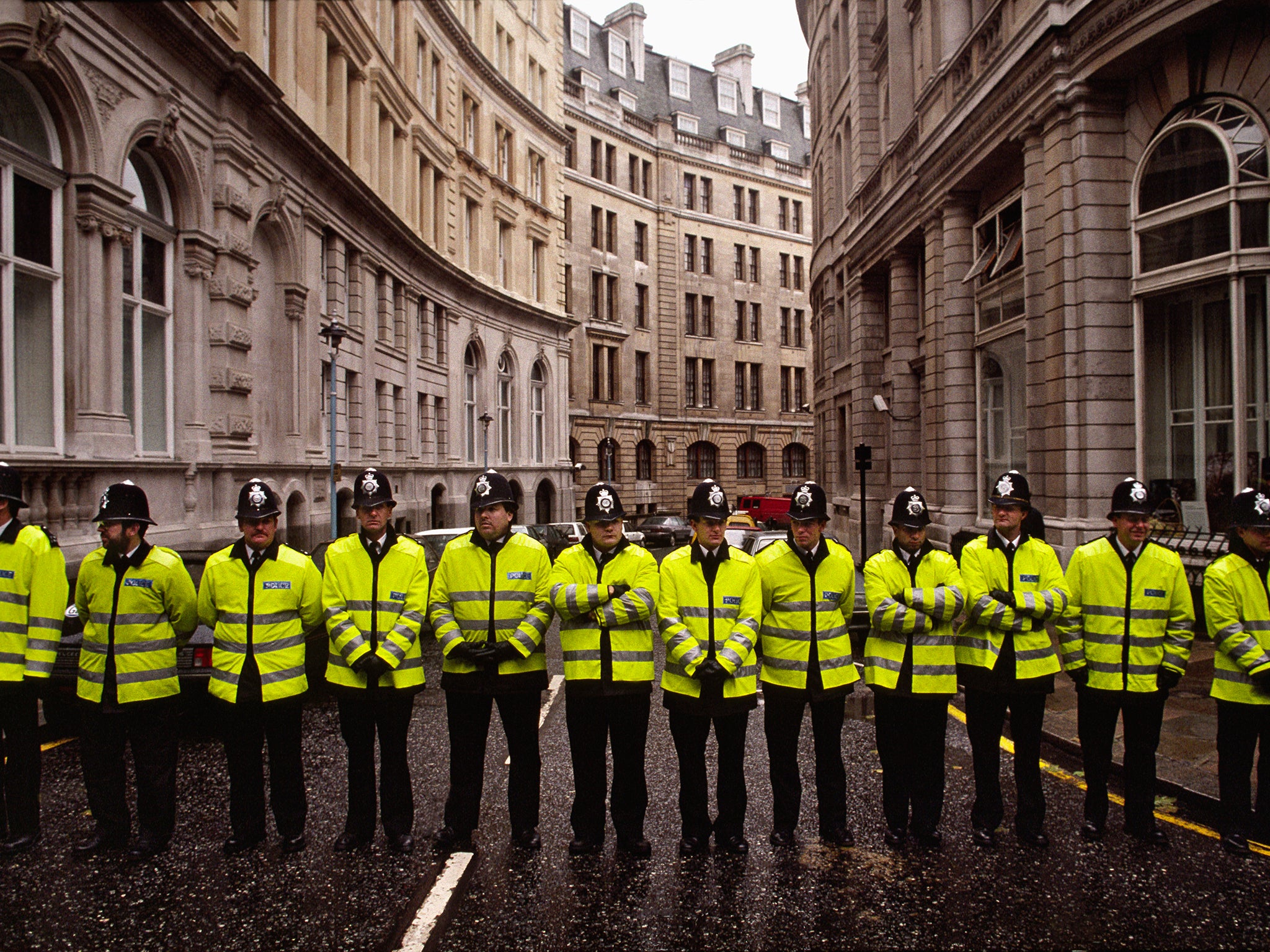
This weekend was meant to see Settlement Saturday, the day when all government departments had to agree their spending plans with the Treasury. On Monday, the Prime Minister announces the defence and security review, which has been rebranded as a response to the Paris attacks, and which will include the planned spending for the Home Office and the Ministry of Defence over the next five years – although the Home Secretary, Theresa May, does not seem to have reached agreement with George Osborne.
On Wednesday, the Chancellor will announce spending plans for the other departments in his combined Spending Review and Autumn Statement. It is a curious way to announce such decisions, a strange combination of spin and making it up as you go along. Last week, the Treasury even pre-announced parts of the review, issuing a press release that said the Chancellor “is expected to use his Spending Review to announce” an increase in the state pension. “Expected to”? Did the Treasury not know?
Make no mistake, however, that these are important decisions that will define politics for the next five years. As John Rentoul reports today, the Chancellor has to reverse his plan to cut tax credits for the working poor, to find more money for an NHS in crisis and to press ahead with his plans to cut other departments’ spending to make the books balance by 2020.
These unprotected departments include the Home Office, which is why Ms May was one of the last to agree her budget. And she is quite right to put up a fight. Police spending has been cut by about 4 per cent a year for the past five years, admittedly without disastrous consequences, but the idea that further deep cuts are possible is dangerously complacent. Yes, crime has halved since its peak in 1995, and continued to decline over the past five years of retrenchment. But already the police service seems to be running on empty. Police forces are reduced to investigating a sample of minor crimes – in one case ignoring attempted break-ins at odd-numbered houses – and police stations have been replaced by call centres that often fail to answer the phone.
The murders in Paris last weekend, however, ought to be a warning against spreading police resources any more thinly. As we argued last Sunday, the best defence against terrorist attacks is intelligence. That is why the Government is right to increase staff and spending for the security services – although it was a little tasteless for Mr Osborne to use his speech at the GCHQ monitoring centre at Cheltenham as a Conservative Party leadership hustings.
But intelligence is not merely about the spies of MI5, MI6 and GCHQ. It is also a matter of the visible security of the police, who need the resources to be on the ground everywhere. We should not be complacent in this country that we do not have the equivalent of Paris’s lawless banlieues, the suburbs of which the French police know little.
Cutting police spending really is a false economy. This newspaper agrees with John McDonnell, the shadow Chancellor, that the Government should aim to balance current spending, but that is a less testing objective than that by which the Chancellor will bind himself this week. Mr Osborne insists on achieving a surplus, including capital investment, by the end of this Parliament. This is unnecessary, counterproductive and against the national interest. Plainly, hard spending decisions will always have to be made. There will always be priorities that have to be decided.
Mr Osborne is planning to cut public spending too deeply over the next half-decade. Spending on the police, the first line of the intelligence defence against terrorism, ought to be protected. By that standard will we judge Mr Cameron’s defence review.

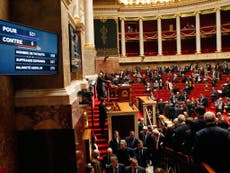
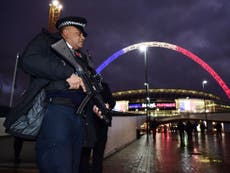
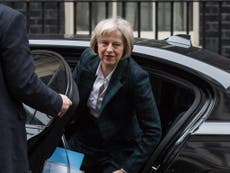
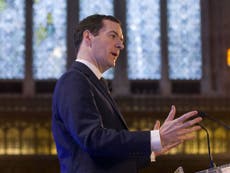
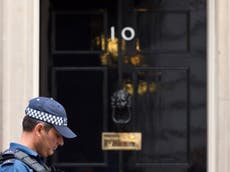
Join our commenting forum
Join thought-provoking conversations, follow other Independent readers and see their replies